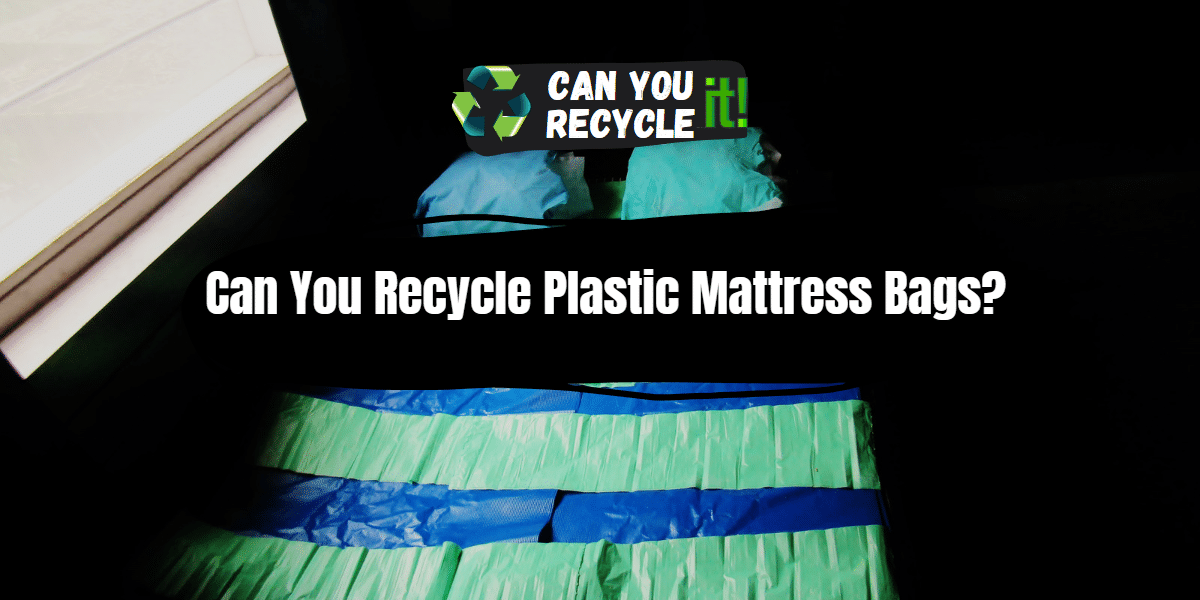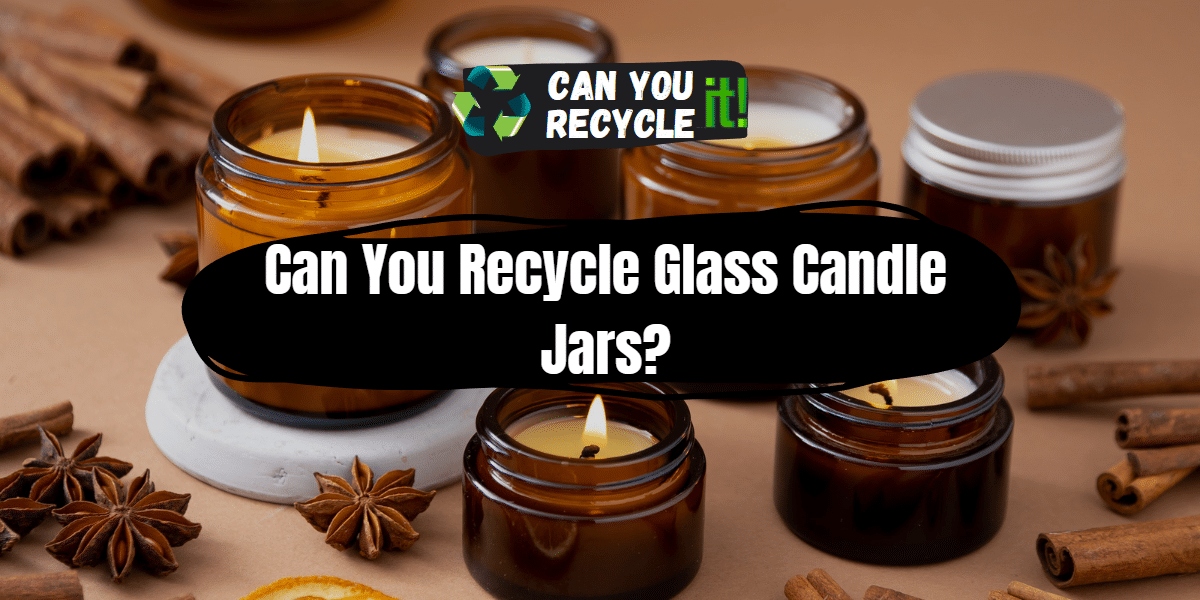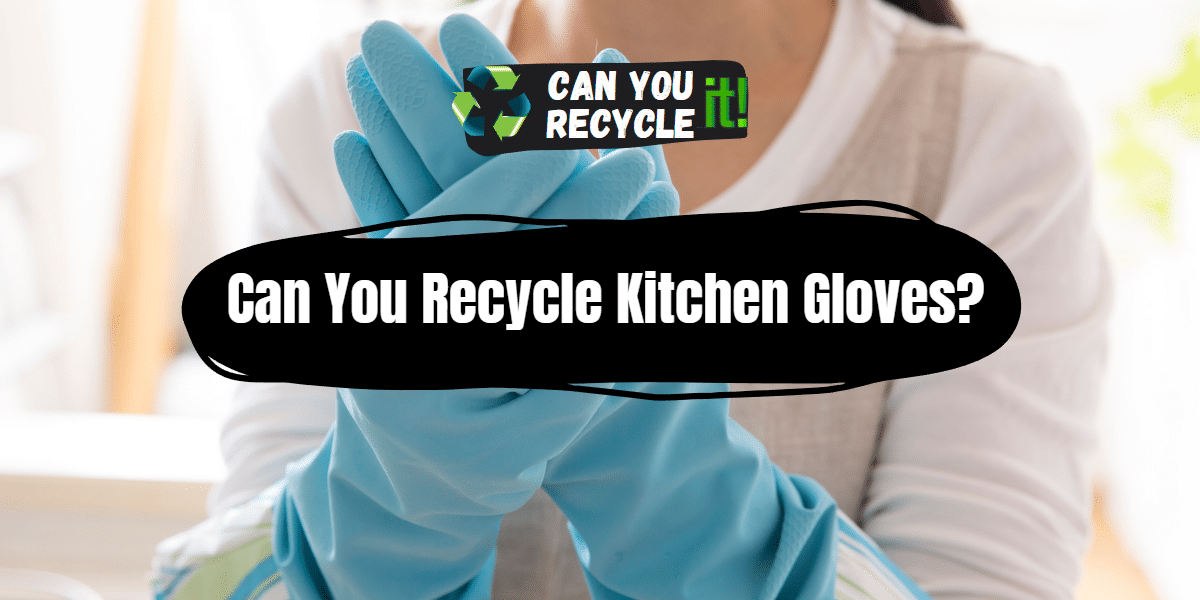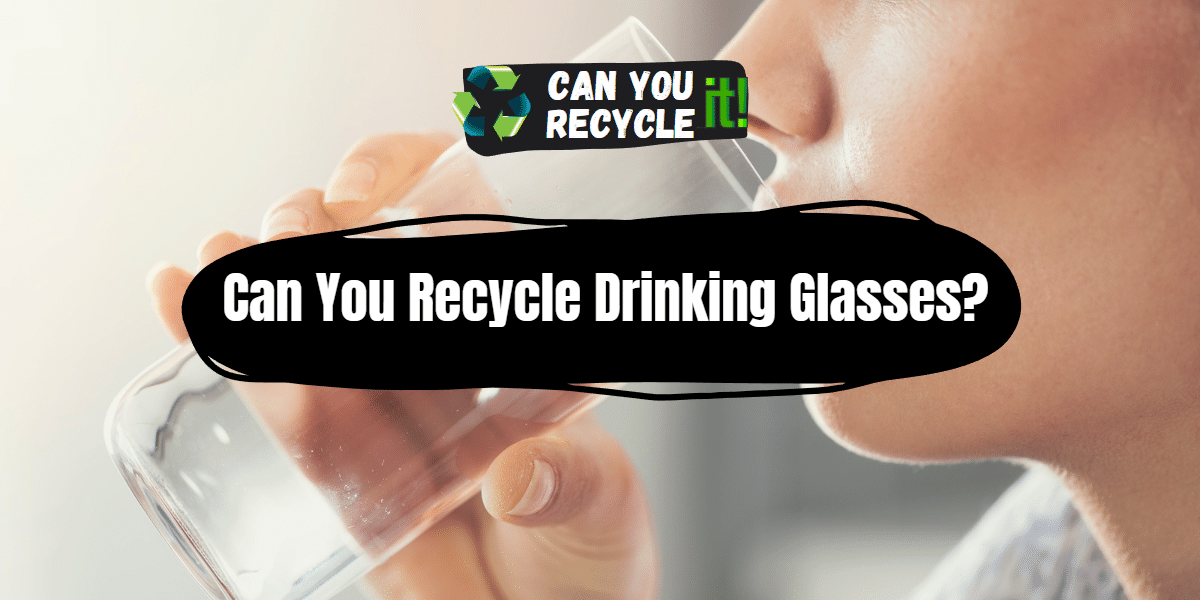The answer to whether plastic mattress bags can be recycled is not a simple “yes” or “no.
It depends on the type of plastic used and the recycling facilities available in your area. Generally, plastic bags made from low-density polyethylene (LDPE) can be recycled. In contrast, recycling centers are less likely to accept those made from high-density polyethylene (HDPE) or polyvinyl chloride (PVC).
To determine if your plastic mattress bags are recyclable, check for recycling symbols or codes on the bags. Look for the number 4 inside the recycling symbol, which indicates LDPE. If the bags bear this symbol, recycling might be possible. However, it is essential to contact your local recycling facility or check their guidelines to confirm if they accept plastic bags for recycling.
Plastic mattress bags are commonly used for packaging and transporting mattresses. However, once the mattress is unpacked, many people wonder if these plastic bags can be recycled. In this article, we will explore the topic of recycling plastic mattress bags, providing a comprehensive guide, addressing dos and don’ts, discussing the environmental impact, and offering alternative solutions for non-recyclable bags.
Table of Contents
Do’s and Don’ts
When it comes to recycling plastic mattress bags, there are a few dos and don’ts to keep in mind:
Dos
- Do check the recycling guidelines: Research the recycling guidelines in your area to understand what types of plastics are accepted for recycling. Contact local recycling centers or visit their websites for specific instructions.
- Do clean and dry the bags: Before recycling, make sure to clean the bags properly. Remove any labels, stickers, or residue from the bags. Dry them thoroughly to avoid contamination and mold growth.
- Do consider reuse or alternative disposal methods: If recycling is not an option for your plastic mattress bags, explore alternative uses for them. They can be repurposed for storage or used for disposing of bulky items. Remember to follow local waste disposal regulations if reusing or disposing of the bags.
Don’ts
- Don’t mix plastic bags with regular recycling: In most cases, plastic bags should not be placed in curbside recycling bins. They can cause issues with sorting machines and hinder the recycling process. Instead, separate plastic bags and take them to designated drop-off locations.
- Don’t include non-recyclable bags: If your plastic mattress bags are made of materials other than LDPE, such as HDPE or PVC, they are less likely to be recyclable. Avoid mixing non-recyclable bags with recyclable ones, which can lead to contamination.
5-Step Guide to Recycle Plastic Mattress Bags
If your plastic mattress bags are recyclable, follow these five steps to ensure they are correctly recycled:
Step 1
Clean and dry the bags: Remove any debris, labels, or stickers from the bags. Wash them with mild soap and water, then dry them thoroughly. Clean bags help prevent contamination during the recycling process.
Step 2
Collect the bags: Gather all the plastic mattress bags you want to recycle. Consolidate them into one bag to make it easier for transportation.
Step 3
Locate a recycling center: Contact your local recycling center or waste management facility to find out if they accept plastic bags for recycling. Inquire about any specific guidelines or requirements they may have.
Step 4
Prepare for recycling: Once you have confirmed that the recycling center accepts plastic bags, follow their instructions for proper preparation. Some centers may ask you to tie the bags together, while others may require placing them in a designated drop-off bin.
Step 5
Deliver the bags for recycling: Take the prepared bags to the recycling center or drop-off location. Ensure they are placed in the appropriate receptacle or handed over to the responsible personnel.
What to Do with Plastic Mattress Bags That Cannot Be Recycled
In cases where recycling is not an option for plastic mattress bags, it is important to explore alternative methods of disposal or reuse. Here are a few suggestions:
- Reuse for storage: Plastic mattress bags can be repurposed for storing items such as clothing, bedding, or seasonal decorations. Simply fold and seal the bags, keeping the contents protected and organized.
- Dispose of bulky items: If you have large items that need to be discarded, such as old furniture or broken appliances, consider using plastic mattress bags as a protective cover. Wrap the items securely before placing them for disposal.
- Contact local waste management: Contact your local waste management department or recycling center to inquire about specific guidelines for non-recyclable plastic bags. They may provide alternative disposal methods or direct you to appropriate facilities.
Environmental Impact of Recycling Plastic Mattress Bags
Recycling plastic mattress bags has several positive environmental impacts. By diverting these bags from landfills, we can reduce the amount of plastic waste that takes centuries to decompose. Recycling also conserves energy and resources that would otherwise be required for producing new plastic.
Furthermore, recycling plastic bags helps prevent them from becoming litter, threatening wildlife, and polluting ecosystems. Improperly disposed plastic bags can end up in rivers, oceans, or natural habitats, endangering marine life and contributing to plastic pollution.
By recycling plastic mattress bags, we contribute to a circular economy, conserving resources, reducing pollution, and minimizing our ecological footprint.
FAQs for Can You Recycle Plastic Mattress Bags
Can I recycle plastic mattress bags in my curbside recycling bin?
No, it is generally not recommended to put plastic bags, including mattress bags, in curbside recycling bins. They can cause complications with sorting machines and disrupt the recycling process. Instead, take them to designated drop-off locations.
Are all plastic mattress bags recyclable?
No, not all plastic mattress bags are recyclable. The recyclability depends on the type of plastic used. Bags made from LDPE (identified by the recycling symbol with the number 4) are more likely to be accepted for recycling.
What should I do if my local recycling center doesn’t accept plastic bags?
If your local recycling center does not accept plastic bags, explore alternative options such as reusing them for storage or contacting waste management authorities for guidance on proper disposal.
Conclusion and final thoughts 💭
Recycling plastic mattress bags is essential to reducing plastic waste and minimizing our environmental impact. While not all plastic bags are recyclable, checking local guidelines and facilities is crucial to determine the best course of action. By adopting responsible recycling practices and considering alternative uses for non-recyclable bags, we can all contribute to a cleaner and more sustainable future. Remember, even small actions make a big difference when it comes to protecting our planet.





Leave a Reply